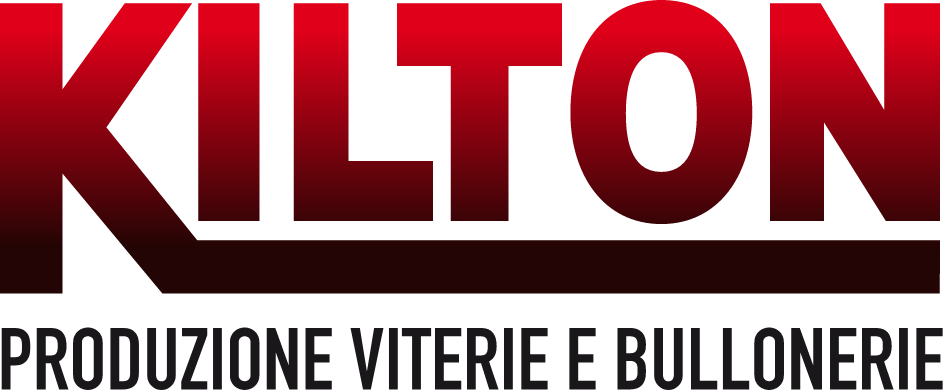The world of production is now globalized and interconnected and, due to fierce competition in the markets, it has become necessary to lower production costs and maximize profits.
In recent years, regulations have evolved rapidly and continuously, with particular emphasis on our industry and Italy.
Keep on reading to find out more!
Are regulations a necessary evil or unnecessary obstacles?
Regulations have been proposed to be a guarantee of health, safety, quality, control, and so on. However, both countries and companies have different standards in this regard: the complexity of the international market and globalisation have pushed for the creation of increasingly detailed rules to try to guarantee uniform standards that are not suitable for all countries and all production systems.
Moreover, each state has its own rules for certification, and, in many cases, the documents are not even sufficient for all countries. Bureaucracy thus becomes an obstacle for production, which has to obtain different permits for each destination country, increasing time and costs.
It is natural to conclude that the legislation itself, however well-intentioned it may have been, necessarily becomes a failure.
Regulations must be realistically implemented in production
When speaking on a theoretical and human level, it always sounds all nice and sweet, but the reality is a totally different matter. In real-world practice, companies have found themselves at a not insignificant impediment that steals time and money and gives nothing more to the product, the environment and the people: only practices that are overly restrictive or difficult to implement.
This raises the question of whether these standards are designed by people who are competent and accustomed to their field, or whether they have a superficial, academic background. Often for many, there is not enough practice, or they do not have a full knowledge of the field, but above all, they do not have sufficient realism about costs and timeframes.
Do companies and customers really want regulations?
The next question is almost banal: if all these regulations create discomfort in most cases, are we really sure that it is the companies and/or customers who require them?
Particularly at the production level, companies aim to achieve maximum results while reducing waste of time and money to a minimum, so they are unlikely to feel the need for anything that would complicate production or even limit it.
Also because, let’s face it, having regulations on even the most trivial technical solutions is really absurd: it’s as if we had to ask permission to breathe or walk!
Balancing regulations with the real needs of companies and customers to boost trade
Overregulation has made life very difficult for companies, as they have been faced with the need for greater precision without any real benefit, having to meet the necessary costs and timeframes, employing people and acquiring systems to assist in the process, depending on what is required.
In addition to this, at least as far as our industry is concerned, you have to comply with the rules of the country to which you export your products, but their cost increases if they also have to comply with regulations that only affect certain nations.
This, consequently, leads to a natural selection on the basis of the most convenient regulations, which are not necessarily the best for real product safety and quality. In addition, the lack of uniformity of standards on screws can be a problem in after-sales management and technical service.
People who buy a product expect reliable and timely technical support, and if regulations are not the same in all countries, after-sales service will not be the same everywhere.
We are not denying worker safety, product quality and similarly important topics.
In our opinion, however, it is important to strike a balance between all these needs and the need not to create a set of rules that become a suffocating net that creates problems for production and hinders trade.
This is a personal viewpoint on an issue that affects us closely. In our blog you will find other articles with interesting food for thought.



